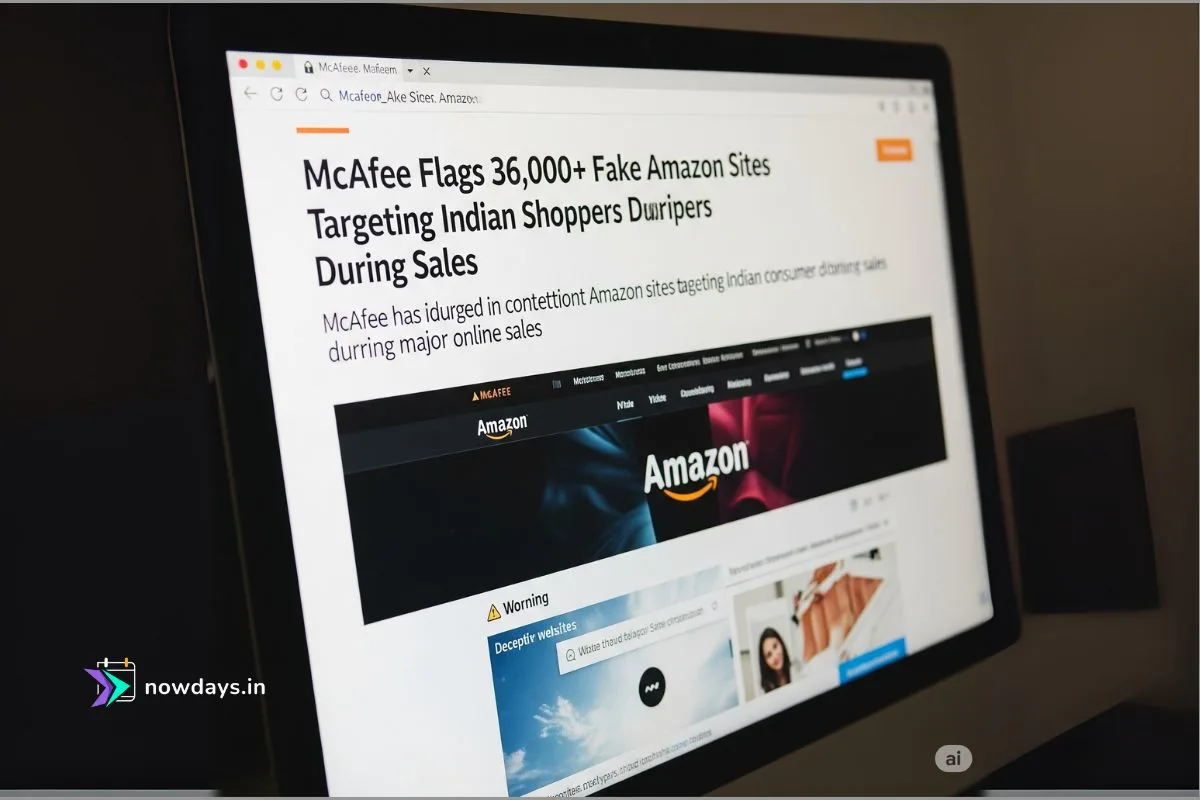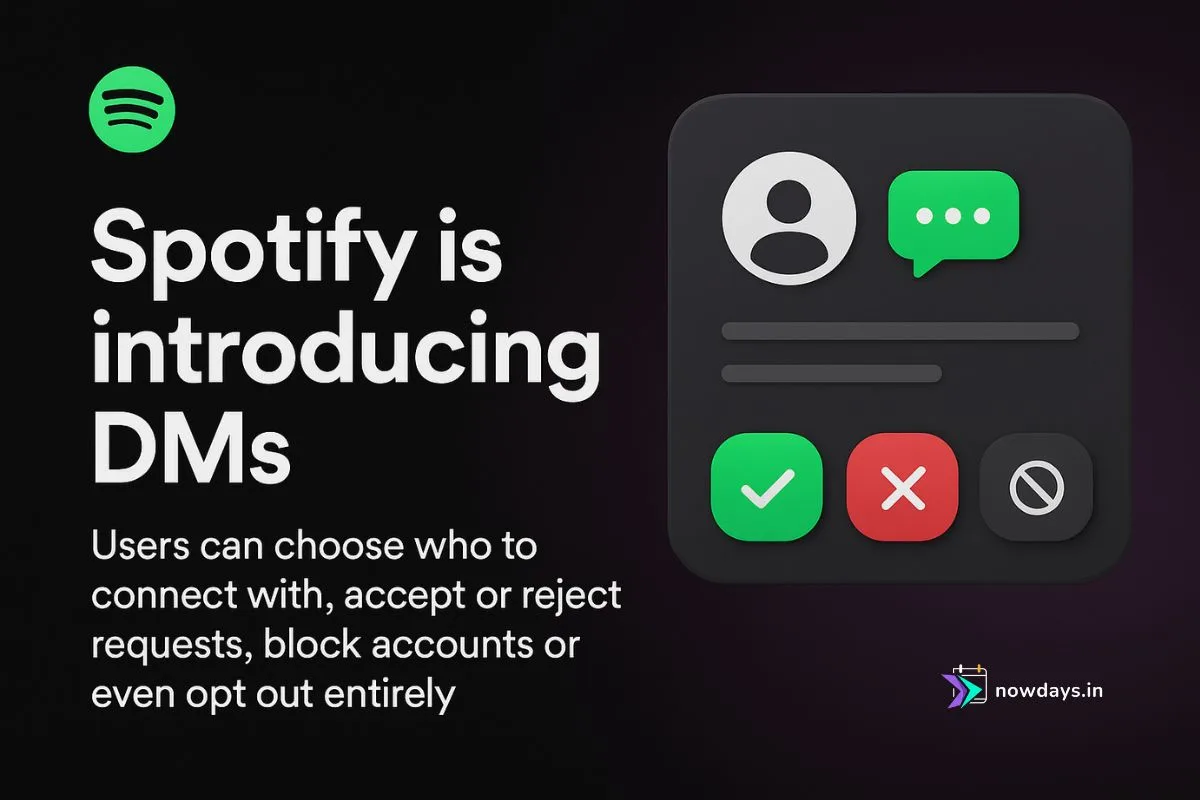McAfee’s findings regarding over 36,000 fake Amazon websites and 75,000 scam texts targeting Indian shoppers, particularly during Prime Day 2025. It encompasses all relevant information gathered from various news sources and official reports, offering a strict superset of the content in the direct answer section. The analysis aims to mimic the style of a professional article, including detailed findings, contextual background, and implications for consumer safety.

Prime Day 2025, scheduled for July 8–11, is one of Amazon’s biggest global shopping events, attracting millions of consumers, including 96% of Indian shoppers who plan to participate, according to McAfee’s 2025 Global Prime Day Scams Study. This event, known for deep discounts on electronics, clothing, and other products, has become a prime target for scammers exploiting the heightened online shopping activity. The study, released on July 9, 2025, by McAfee, a global leader in cybersecurity, reveals a sharp rise in AI-enhanced shopping scams, with a particular focus on India’s vibrant online shopping landscape.
The report highlights that scammers are using advanced AI technologies to create hyper-personalized, convincing attacks, such as fake Amazon websites, deepfake videos of influencers, and impersonation texts. This surge in fraud attempts coincides with increased consumer activity during sales events, making it a critical period for cybersecurity awareness.
Read more: Investigators have released their preliminary report on the crash of AI171
Detailed Findings from McAfee’s Report
McAfee Labs has identified the following key points, corroborated by multiple credible sources including Storyboard18, NDTV, India Today, and VarIndia:
- Fake Amazon Websites and Scam Texts Identified: McAfee Labs detected over 36,000 fake Amazon websites and more than 75,000 Amazon impersonation texts designed to exploit the buzz of Prime Day 2025. These scams aim to steal shoppers’ personal information and financial details, often appearing as urgent notifications like delivery updates, refund notices, or tariff charges.
- Consumer Concern in India: The study reveals that 71% of Indian respondents are worried about the threat of AI-driven scams during Prime Day or other major retail events. This concern is particularly high given that 96% of Indian consumers plan to shop online during the event, with most purchases focused on clothing and electronics.
- Deepfake Scams and Financial Impact: At least 39% of consumers have encountered AI-generated scams, often featuring fake celebrity endorsements or influencer deepfakes promoting counterfeit offers. Many victims reported significant financial losses, with many losing over INR 40,000, highlighting the severe economic impact of these scams.
- Types of Suspicious Messages: Of the 81% of consumers who received suspicious messages, the breakdown includes:
- 48% limited-time deal scams
- 31% bogus delivery updates
- 28 % fake discount codes or flash sale offers
- Age Group Vulnerability: Younger consumers, particularly those aged 18–24, are most at risk, with a 17% scam exposure rate, compared to just 5% for adults aged 65 and above. This age group is often targeted with fake Prime membership renewal reminders and phishing texts, exploiting their enthusiasm for online deals.
- Shopping Behavior and Emotional Impact: The fear of scams has led 27% of shoppers to plan to shop less during Prime Day 2025, with 21% worried about the safety of their financial and personal data. Additionally, 20% of scam victims did not tell anyone, largely due to embarrassment and psychological distress, underscoring the emotional toll of these incidents.
- Consumer Protection Measures: Despite the risks, 49% of consumers say they would consider using scam detection tools, with 13% absolutely willing to adopt such measures, signaling demand for AI-powered protection like McAfee’s Scam Detector.
Summary of Key Findings from McAfee’s 2025 Global Prime Day Scams Study
| Aspect | Details |
|---|---|
| Fake Amazon Websites | Over 36,000 identified |
| Amazon Impersonation Texts | More than 75,000 detected |
| Indian Shoppers Planning Online Purchases | 96% |
| Concern About AI Scams | 71% of Indian consumers |
| Deepfake Scam Exposure | 39% of consumers faced, many lost over INR 40,000 |
| Suspicious Messages Received | 81% of consumers, including 48% limited-time deals, 31% bogus deliveries |
| Age Group Most Vulnerable | 18–24 (17% scam rate) vs. 65+ (5% scam rate) |
| Shoppers Planning to Shop Less | 27% due to scam fears |
| Interest in Scam Detection Tools | 49% consider, 13% absolutely will |
Read more: ₹23 Lakh Isn’t Enough: Why Most Indians May Not Qualify for UAE Golden Visa
Implications and Expert Insights
The findings underscore the growing sophistication of AI-powered scams, which leverage urgency and persuasion to deceive shoppers. Pratim Mukherjee, Senior Director of Engineering at McAfee, stated, “Prime Day is a time of excitement for Indian shoppers, but it has also become a prime target for scammers using AI to create hyper-personalized, convincing attacks that push people to click before they think.” This highlights the need for increased consumer education and robust cybersecurity measures.
Amazon, in response, emphasized its commitment to customer safety, with a spokesperson noting, “Our obsession with customers motivates our commitment to ensuring scammers are not using our brand to take advantage of people who trust us.” The company encourages shoppers to verify websites and avoid clicking on unknown links, aligning with McAfee’s recommendations for safe online shopping.
McAfee’s report on over 36,000 fake Amazon websites and 75,000 scam texts targeting Indian shoppers during Prime Day 2025 highlights a critical challenge in online shopping safety. As scammers leverage AI to create sophisticated frauds, consumer awareness and protective measures are essential. This analysis serves as a foundation for understanding the scope of the problem and its implications for the digital economy, urging both consumers and retailers to adopt proactive strategies to mitigate risks.










